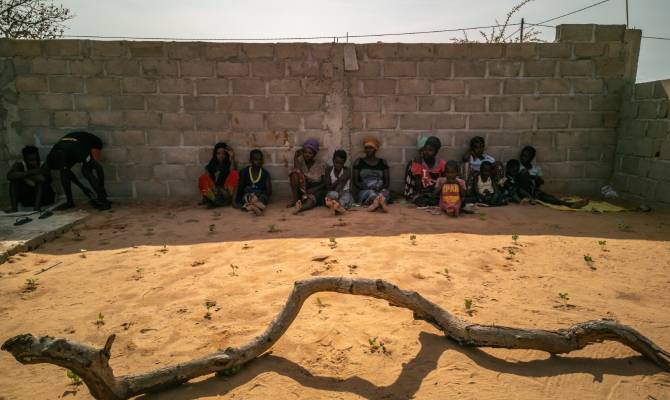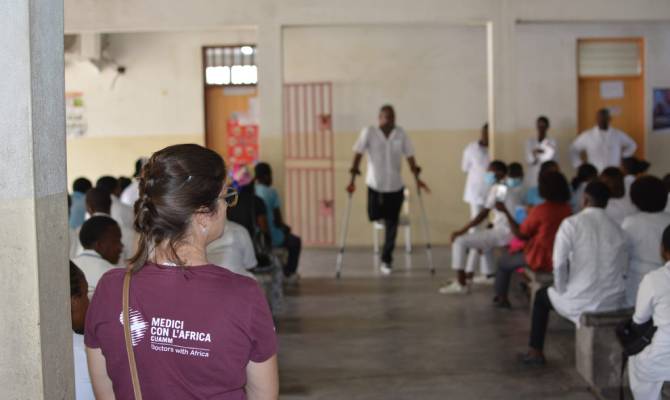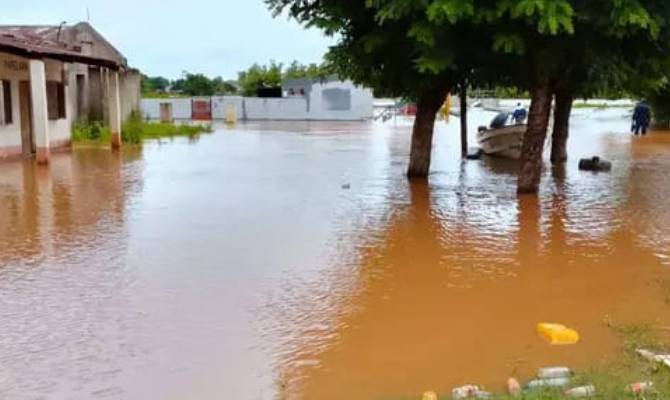In recent weeks, attacks by non‑state armed groups (NSAGs) have intensified in Cabo Delgado, Mozambique’s northernmost province, resulting in the displacement of over 46,000 individuals across the districts of Chiúre, Ancuabe, and Muidumbe. According to the United Nations Office for the Coordination of Humanitarian Affairs (OCHA), Chiúre is the most affected district, with 42,411 people displaced most of them women and children.
Since the first attack was recorded in October 2017, violence in Cabo Delgado has continued to displace and traumatise thousands of people. To date, some 865,000 people are internally displaced in the region. Most have experienced or witnessed extreme violence including killings, sexual violence, kidnappings, extortion, and villages being burnt. Many had or saw their relatives and neighbours being assassinated, decapitated, or killed by gunfire. Some have lost their entire family.

CUAMM has been working in Cabo Delgado for years. Presently, we work in Pemba providing support to women who survived gbv and in the districts of Chiure and Ancuabe by deploying mobile health clinics to take healthcare in underserved communities, including IDPs camps.
This surge in violence has severely crippled communities’ access to healthcare. In response, CUAMM has significantly expanded its operations. Mobile health clinics activities have been intensified in Chiúre and Ancuabe, providing essential healthcare services—such as maternal health, child immunizations, and general consultations—to displaced populations.
“We are working in coordination with local authorities and international partners like UNICEF and Vitol to deliver a timely response – said Giorgia Gelfi, CUAMM Country Manager. Due to security reasons our team can no longer access some areas but mobile clinics have been relocated to the area with a higher concentrations of IDPs”.
This latest surge in displacement is unfolding as humanitarian access is decreasing and funding is dropping, making it exceedingly difficult to meet the needs of the newly displaced. Despite these mounting pressures, CUAMM remains steadfast in its commitment to delivering critical healthcare—particularly to the women and children most affected by this crisis.





